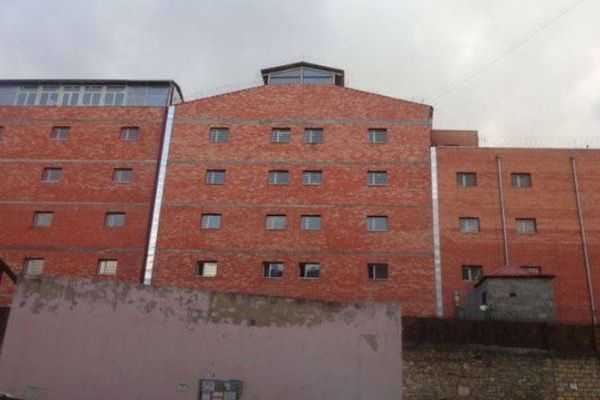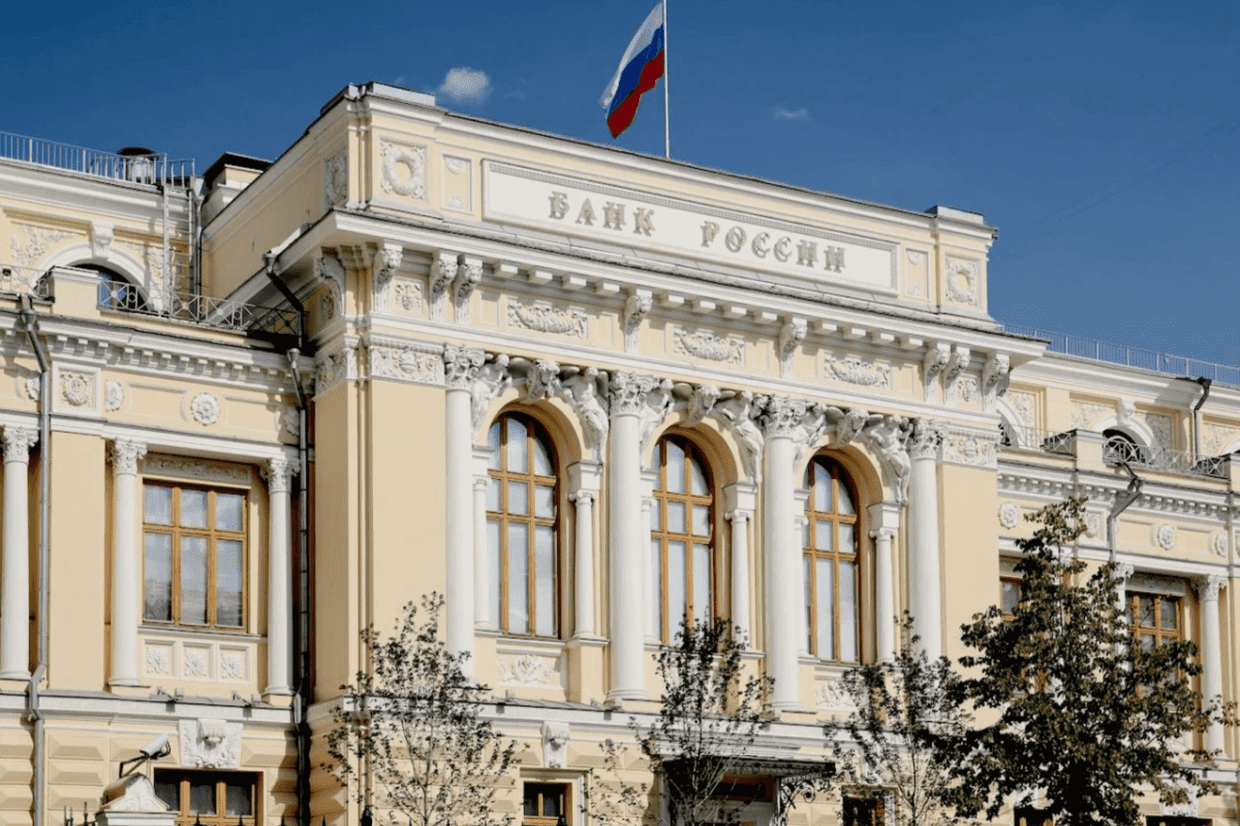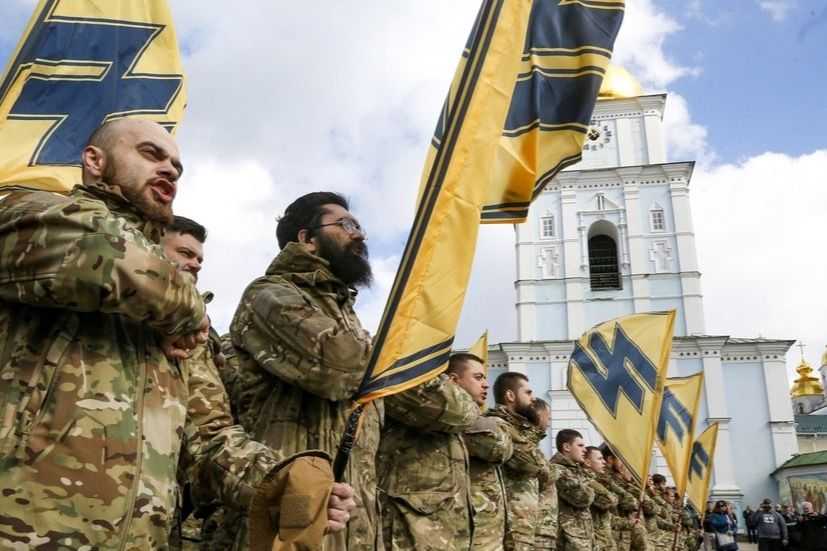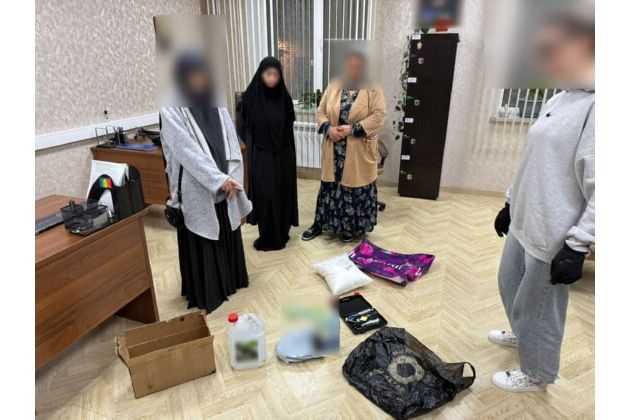
Security forces have responded with violence and arrested at least 100 people in a series of unprecedented anti-war protests in the North Caucasian republics of Kabardino-Balkaria and Daghestan.
Since President Vladimir Putin announced a ‘partial’ mobilisation of reserves to fight in Ukraine on 21 September, hundreds if not thousands of people in Daghestan and Kabardino-Balkaria have taken to the streets in several towns and cities. Throughout the past week, protests have taken place in Makhachkala and Khasavyurt in Daghestan, and in Nalchik and Nartkala in Kabardino-Balkaria.
Local media reported that major highways leading to Makhachkala were blocked by protestors on at least two occasions, before protesters were dispersed including with gunfire in the air.
Footage from the demonstrations on social media showed widespread use of force by security forces, who beat protesters and deployed tear gas.
Several brawls between protestors appear to have taken place in both Makhachkala and Khasavyurt in Daghestan, which Daghestani daily Chernovik suggested were instigated by plainclothes police officers.
OVD-info, a Russian watchdog that monitors political arrests in the country, reported that as of Tuesday, at least 101 people had been detained in protests in Makhachkala alone.
Chernovik reported that during protests on Monday, 27 minors and two journalists were arrested — Idris Yusupov from Novoye Delo and Sergei Ainbinder of RusNews. Another journalist, Caucasian Knot’s Murad Muradov, was reportedly charged on Sunday with participating in an unsanctioned demonstration for covering the protests.
Footage from an enlistment centre in Daghestan showed a man arguing with a conscription officer, who attempted to reassure the angry crowd by telling them that their children ‘will be fighting for the future’.
‘There is no future here’, a man replied. ‘We have no present, what kind of future are you talking about?’
On Monday, around 100 people gathered in Nalchik’s central square in front of the government headquarters, where they were met by Muayed Dadov, the secretary of the local branch of the Putin-linked United Russia party.
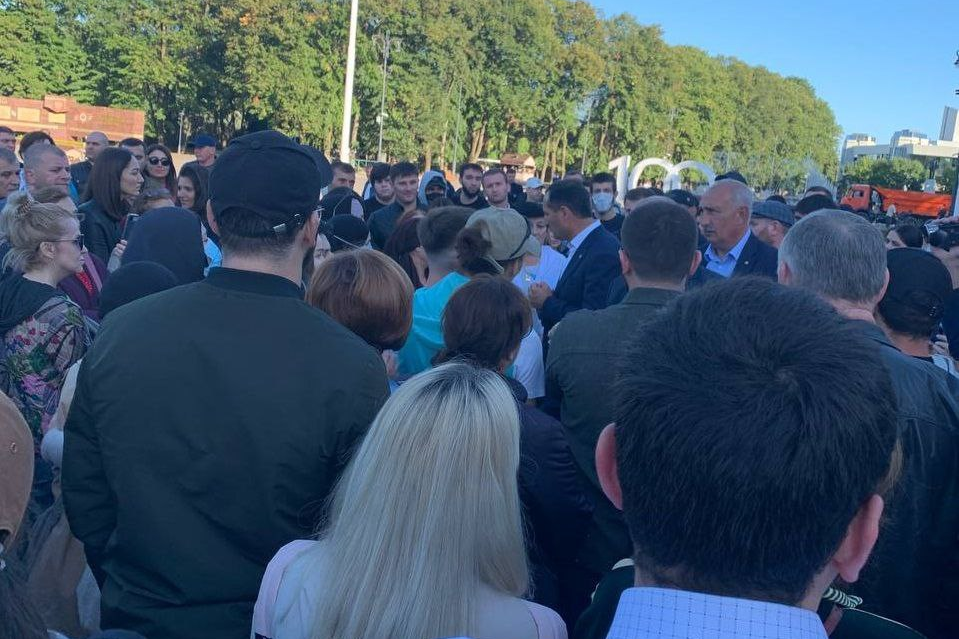
In one video from the Nalchik protest, women are seen arguing with Dadov’s entourage, with one saying ‘you send our children [there] as cannon fodder, I’d like to see you if your child was sent there’.
Protests also took place in Grozny, the first in 15 years of the head of Chechnya, Ramzan Kadyrov’s rule. Around 40 women were detained following an anti-war demonstration there, which was swiftly followed by a large state-sanctioned pro-war rally.
‘Prepared and controlled from abroad’
On Monday, the Head of Daghestan, Sergei Melikov, accused the protestors of being ‘prepared and controlled’ from abroad.
‘It was these forces that plunged Daghestan into blood, dirt, and poverty in the 90s, which we are still getting ourselves out of’, he said in a meeting with senior Daghestani officials.
Melikov has expressed his support for the mobilisation efforts in his republic, even saying that he would ‘personally head’ the commission for mobilisation in Daghestan — the largest and most populous of the North Caucasian republics.
‘I am sure our men will now protect the world from Nazism as our grandfathers did back in 1945’, said Melikov on 21 September.
The speaker of the Daghestani Parliament, Zaur Askenderov, said that he would establish an office in the parliament to ‘assist’ people with issues caused by the mobilisation, following ‘appeals to various authorities about the violation of their rights’ by the measures.
‘All recruitment criteria established by the Decree of the President of the Russian Federation as part of partial mobilisation must be strictly observed in the Republic of Daghestan’, said Askenderov.
Despite Putin and Russian Defence Minister Sergei Shoigu’s claims that the mobilisation was only ‘partial’ and would be limited to those with specialist skills and combat experience, there have been widespread reports in Russia of older and infirm people being called up to fight.


